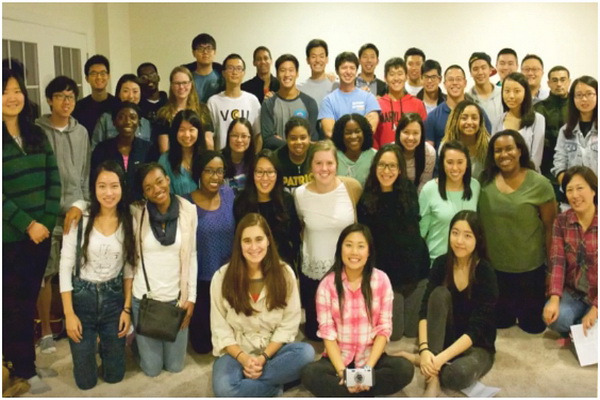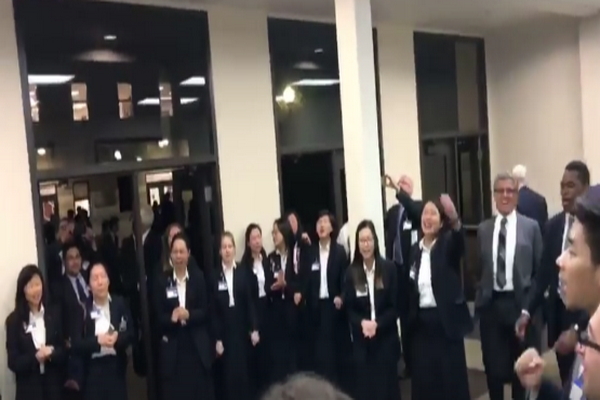A report on the current state of Christians in the Lisu and Miao tribes
The Lisu and Miao tribes are located in the southwest region of China. Prior to the arrival of missionaries in the late nineteenth century, the people of these tribes were idol worshippers. The missionaries labored hard, some even laying down their lives for the gospel. As a result, large portions of these tribes were converted to Christian faith. An estimated 80% of people in the Lisu tribe are Christians and 50% in Miao tribe.
Typically there is a meeting hall in evey village and Lord’s Day meeting is faithfully observed. The tribal people like to sing and dance, and singing is a very important part of their meeting and worship. The missionaries helped to invent languages for both tribes, and translated the Bible and Hymn book into the tribal languages. While the hymn book has been extensively used to this day, the Bible has not been extensively read among the believers. One reason for this phenomena could be their low education level. A more important reason, however, is a lack of emphasis on the Word.
For many generations, the believers in these two tribes led a simple and poor life in a remote area seperated from the world and its influences. As such, the rudimentary church life, with much enjoyment but little truth, sufficed to sustain their faith. But now, with advances in technology, the people of these tribes are no longer seperated from the world with all its influences. This has become a great challenge for the tribal Christians. Many young ones go out to work in the big cities and lose their faith. The younger generations, having received an atheistic education, find the enjoyment-centered chuch life insufficient in sustaining their faith. Because of this, many Christian leaders in the tribes have realized the trouble caused by a shaky foundation in the truth when faced with a rapidly developing world. According to them, most Christian workers laboring among them are currently promoting pentacostal practices. Very few are expounding and preaching the Word of God, which is the real need.
For these tribal Christians, the simple church life cannot withstand the challenge posed by the material world. The long-existing lack of pursue in the Word is now showing its consequence. The Churches are facing one of their most difficult challenges in history, losing many from the younger generation. The current situation in the tribes is both a great lesson and a great warning. There is an indispensible need for the supply of the Truth, which should be our duty since we have benefited so much from the New Testament Ministry.
One example suffices to illustrate their eagerness for the truth. When one of our brothers arrived at a village, they immediately called for a meeting. Upon hearing the news, people from other villages travelled a long way to join the meeting to hear the Word. It lasted for several hours into late night, the brother thought it was time to stop, but he was told that audience was ready for a whole night’s meeting until next morning, then they would travel back home and start a new day’s farm work.



